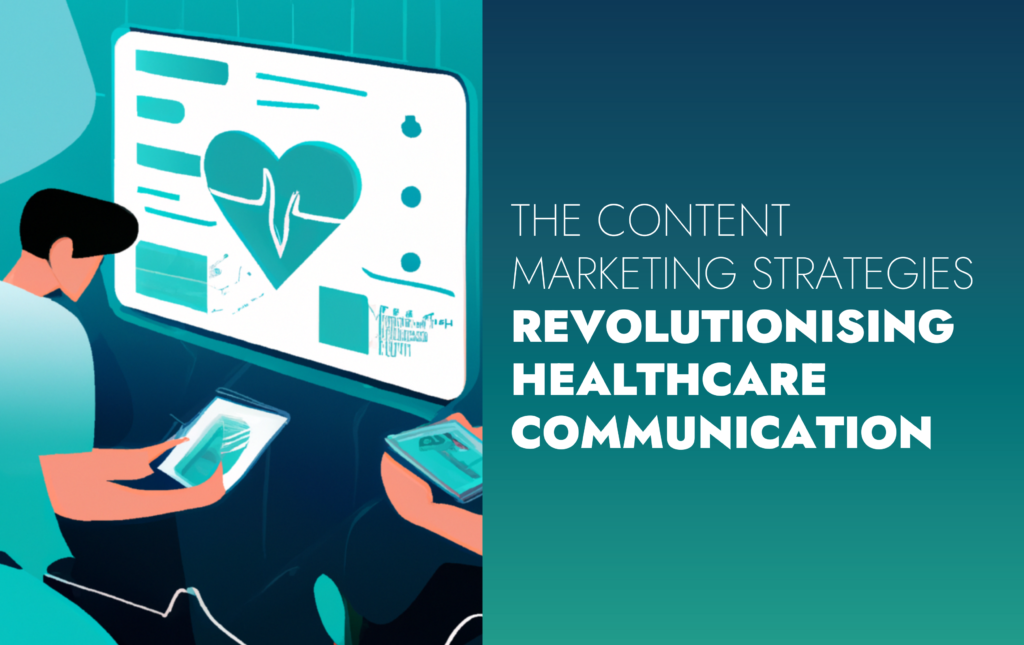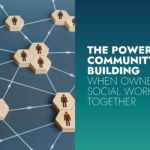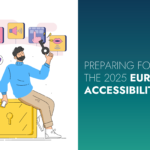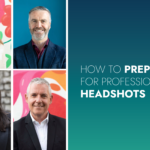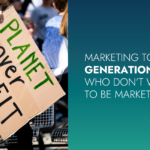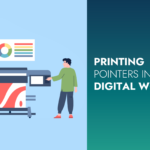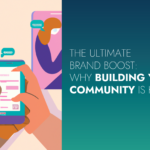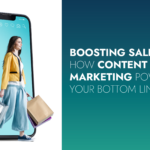With patients increasingly turning to “Dr Google” for information about their health, pharmaceutical companies must adapt their marketing strategies to meet this demand in terms of healthcare communication.
The challenge is that the pharmaceutical industry is one of the most heavily regulated industries in the world, which means that pharmaceutical marketers have to be extremely strategic and careful about the content they create and distribute. There is no such thing as a Pharma company sharing an opinion off the cuff or speaking to an industry or consumer trend. Everything has to be credible and compliant, which can make marketing very labour-intensive and slow.
However, there is much to be gained from a content marketing strategy that is built on a solid foundation of carefully planned, high quality and informative content, that meets patients where they are and is easy to consume. Whether that be receiving additional reading from their Health Care Professional; listening to a fellow patient’s story on a podcast; being made aware of a condition/health priority via social media; or being the best answer when they search for answers to their pain points online. Having content that is there when they need it, is key to getting your message across. Content marketing has the power to engage and educate audiences; build brand awareness and establish thought leadership for Pharma companies, and there is some really interesting work being done around the globe. Here, we explore seven innovative content marketing strategies that are reshaping healthcare communication globally.
1] Taboo-breaking creativity: Canesten’s Vagina Academy
Discussing vaginal health is still a social taboo rooted in harmful myths, misconceptions and a lack of education in many countries. In fact, many women admit to being ashamed of even saying the word ‘vagina’ which poses huge issues for getting treatment when there is a problem. Bayer’s healthcare brand Canesten decided to tackle this problem head-on by creating the Vagina Academy in Brazil which is an ongoing educational campaign that challenges this. Since the launch of Canesten’s Brazilian pilot in February 2021, the channel has received over 44 million total video views, with 210,000 people enrolled, and 17,500 classrooms filled, in addition to driving the de-censorship of the word ‘vagina’ on TikTok, a world-first. (Source: Word Federation of Advertisers). The ongoing programme has now rolled out in the UK, Italy and Australia where it is amusingly called ‘The University of Down Under’.
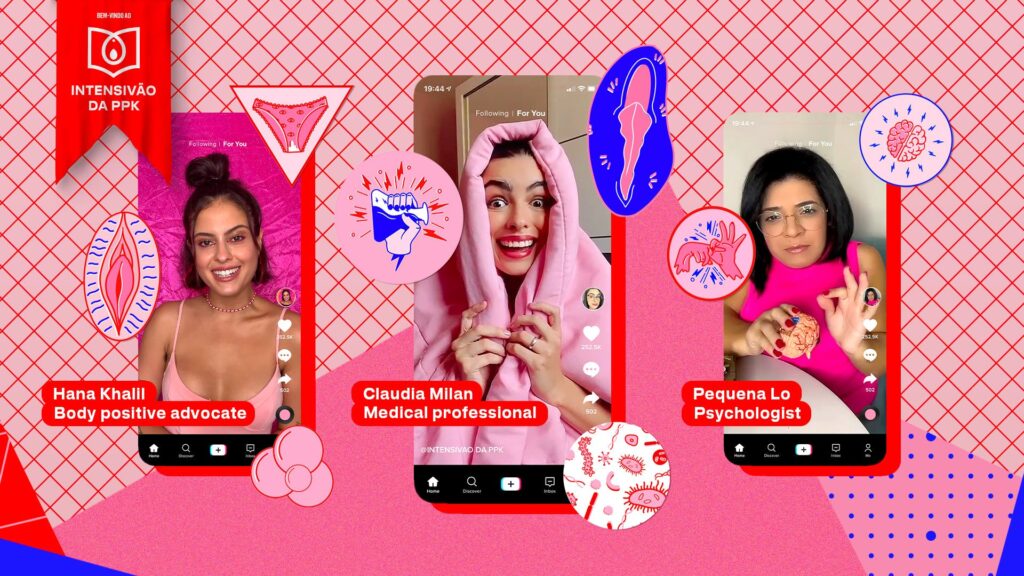
2] Disease Education Platforms: Janssen Ireland’s Beyond Expectations
Janssen Ireland, a Johnson & Johnson company, has an online Psoriasis platform called ‘Beyond Expectations’ that provides comprehensive information about psoriasis. This valuable resource includes information about the condition, resources and tools for managing the condition as well as patient stories.
3] Interactive Webinars and Virtual Events: Pfizer’s Global Engagement
Pfizer sets the bar high with regular virtual events and webinars to engage healthcare professionals and patients. These events include expert discussions, live Q&A sessions, and interactive elements to enhance the learning experience. But Pfizer doesn’t just do this for external stakeholders. This year the company hosted a highly interactive virtual 3-day conference for all employees around the globe, via a custom-built app. The agenda included gamified #joysessions that set employees various challenges that were designed to end the day on a high and leave delegates eager to dive into the next day.
4] Virtual Reality (VR) Experiences: Novartis and the ViaOpta Simulator
Novartis has created an app called the ViaOpta Simulator which uses augmented reality to emulate the effects of different ophthalmic conditions via a user’s smartphone screen. The objective is to build understanding and empathy amongst healthcare professionals so that they can better help patients and their carers.
5] Podcasts: Bayer’s everymum Collaboration
The Irish government rolled out a scheme in 2022 that provides free contraception for those aged 17 – 25 years old. The age has since been extended to 30-year-olds. Through their research, Bayer discovered that there was a lack of awareness and understanding of contraceptive options available and so wanted to bridge this gap. Working in collaboration with everymum (previously owned by Zahra Media Group) they produced a five-part podcast series which aimed to educate, support and empower women to know more about their hormonal, fertility and reproductive health – and, ultimately to find the right contraception solution to meet their needs. Each episode featured an expert guest to create this medically sound series in a human and relatable way.
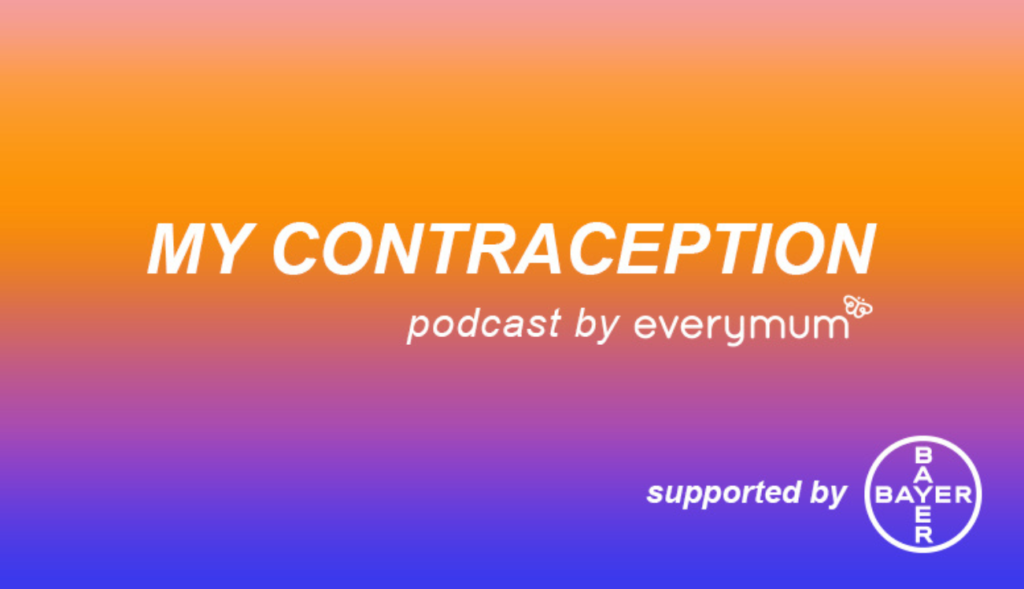
6] Social Media Campaigns and Influencer Partnerships: Novartis’ “My MS Second Act”
Another one of Novartis’s products is a treatment for multiple sclerosis. Three years ago, the company partnered with a group of MS influencers to launch the “My MS Second Act” campaign – TV Personality Montel Williams being one of them. The successful campaign aimed to inspire patients with MS to pursue their passions and live their best lives. The influencers, who had a combined following of over 100,000, shared their personal stories and offered advice and inspiration for living with the condition in an authentic and meaningful way. The campaign was a huge success, with over 4 million impressions and a 78% increase in website traffic – highlighting the impact of authentic storytelling in healthcare.
7] Gamified Educational Tools: HopeLab’s ‘Re-Mission’.
Educating patients about their condition and treatment options can be challenging. Gamification can make the learning process more engaging and less intimidating for patients which in turn leads to better patient outcomes. ‘Re-Mission’ is an example of a video game developed by HopeLab that has effectively educated young cancer patients about their treatment and encouraged medication adherence.
In conclusion – by combining educational content, regulatory compliance and a multichannel approach, pharmaceutical companies can effectively use content marketing to connect with their audience, provide valuable information and contribute to the overall healthcare conversation.
Zahra would love to talk to you about doing the same. Email paula@zahramediagroup.com to chat how.

